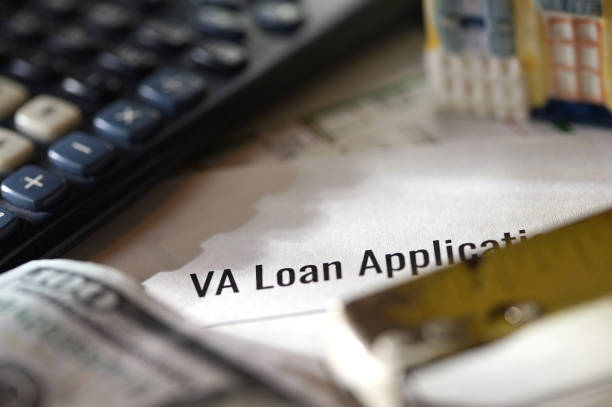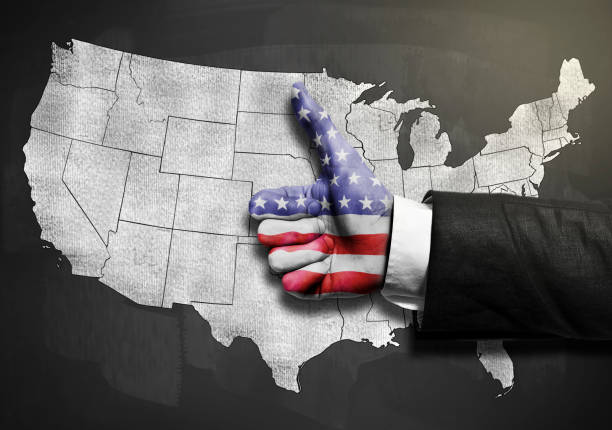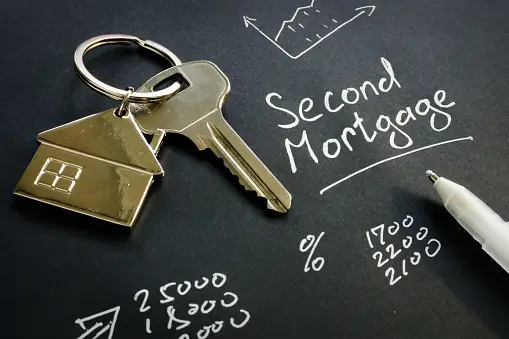For those who’ve served in the military, the VA loan program presents an opportunity to access a special mortgage benefit. This initiative, backed by the government, offers advantages like no initial down payment demands and competitive interest rates. However, one crucial aspect greatly impacting VA loan eligibility is your credit score.
Advertisements
The Significance of Credit Scores in VA Loan Approval
Although the U.S. Department of Veterans Affairs doesn’t set a specific minimum credit score for VA loans, individual lenders have their criteria. Generally, most lenders prefer a credit score of 620 or higher. Yet, some may consider scores as low as 580 or even 500 under particular circumstances.
Your credit score serves as a summary of your financial history, showcasing how responsibly you handle debt. A higher credit score indicates to lenders that you’re a trustworthy borrower, reducing their risk and increasing the likelihood of receiving favorable loan terms.
Factors Influencing Credit Score Requirements for VA Loans
Several elements can influence the minimum credit score necessary for obtaining a VA loan:
Loan amount: Larger loan sums might prompt lenders to ask for higher credit scores to mitigate their risk.
Debt-to-income ratio (DTI): A lower DTI, showing more income available to cover debts, could enhance your chances of qualifying with a lower credit score.
Advertisements
Veteran status: Veterans with disabilities or those who served during wartime might encounter more lenient credit score requirements from select lenders.
Lender policies: Different lenders maintain varied credit score standards. Therefore, exploring multiple lenders’ offers can help find one that fits your financial situation.
Impact of Credit Scores on VA Loan Interest Rates
Beyond determining eligibility, credit scores also influence the interest rate offered. Higher credit scores usually qualify for lower interest rates, leading to significant savings throughout the loan term.
For instance, a veteran with a credit score of 620 might secure a VA loan at a 5.5% interest rate, while someone with a score of 720 could access rates as low as 3.5%. This rate difference translates into substantial savings over time.
Enhancing Your Credit Score for VA Loan Approval
Should your credit score fall below most VA lenders’ minimum requirements, several steps can help improve it and bolster your chances of loan approval:
Review your credit report: Obtain copies from major credit bureaus to spot any errors or inaccuracies affecting your score.
Dispute errors: File disputes for any identified errors, such as incorrect late payments or unauthorized accounts.
Timely bill payments: Consistently pay bills—credit cards, utilities, and loans—on or before their due dates.
Lower credit utilization: Aim to keep credit usage below 30% of your available credit to enhance your score.
Limit new credit accounts: Avoid unnecessary applications for new credit cards or loans, as they may temporarily lower your credit score.
Seeking Advice from a VA Loan Specialist
Navigating the VA loan journey might seem intricate, particularly in understanding credit score intricacies. Consulting a VA loan specialist can provide invaluable guidance. These professionals evaluate your financial status, determine VA loan eligibility, and suggest strategies to boost your credit score.
With prudent planning, financial responsibility, and the expertise of a seasoned VA loan specialist, you can unlock homeownership opportunities through the VA loan program.
Advertisements






